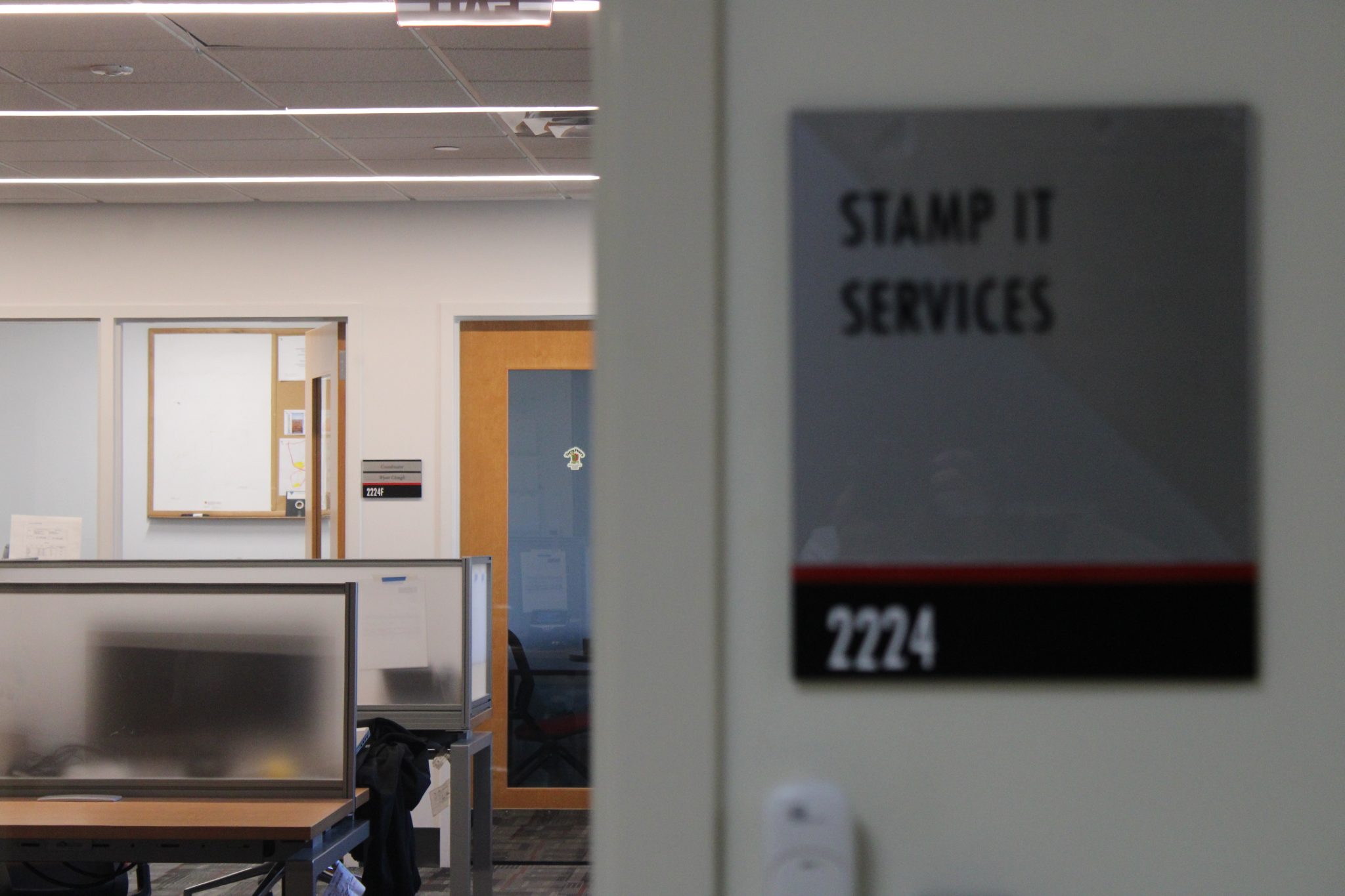Many University of Maryland employees are pushing for telework equity, requesting more remote working days for applicable jobs and more specific telework protocol.
The university’s telework policy currently states that employees must receive ratings of “Meets Expectations” on performance reviews. However, supervisors have ultimate discretion to approve or deny telework for their employees.
Jen Patterson is an instructional technology specialist in this university’s IT division. Patterson finds the university’s blanket statement policy ineffective at determining who should actually receive telework days.
Patterson currently works remotely three days each week under the new telework plan their department rolled out Aug. 1. But according to the department’s telework rules, since Patterson works from home three days a week, they had to give up their permanent desk for a “hot desk,” meaning they must often rotate desks.
“’I’m hoping that instead of these blanket statements, that they can work on an employee-by-employee basis with each employee and with each supervisor,” Patterson said. “For the benefit of feeling like employees own their own jobs, or have a part in their working conditions, I think it would be better if they would just talk with individuals.”
Dwonne Knight is a desktop support coordinator at the university libraries. He also wants a more individualized telework plan for employees across the university.
[Campus unions unite in push for collective bargaining rights]
“I think that management needs to have a better respect for telework,” Knight said. “When we’re teleworking, we’ve proven without a doubt that we get the job done.”
Knight said since his department lost key members — ones who found higher-paying jobs or felt overworked — he has been given more work and was forced to cut one of his two remote work days.
According to a statement from a university spokesperson, telework is determined by the supervisor based on job requirements.
“The supervisor is in the best position to understand the job requirements and business needs. Individual departments may establish additional approval routing,” the statement said.
According to this university’s human resources website, the policy that previously required employees to complete a probationary period and work in their role for at least 12 months before teleworking is temporarily suspended.
Despite the suspension of this policy, Todd Holden, president of the American Federation of State, City and Municipal Employees Local 1072, the employees’ union at this university, has been advocating for increased telework options for employees across the campus.
“Telework is not just an issue of convenience for employees,” Holden said. “It’s also an issue of equity for employees.”
[MOM’s Organic Market employees rally against anti-union discrimination in College Park]
Holden said as parking becomes more scarce on campus and transportation options become less convenient for employees, telework becomes a more necessary option.
Like others, Holden said telework schedules should be worked out between employee and supervisor in order to accommodate all schedules and personal preferences.
“[The university] is seeking to really make broad policy determinations for how large groups of people should be teleworking or how they are allowed to telework,” Holden said.
Holden added he believes the university’s lack of strict guidelines allow for supervisors to arbitrarily decide when they allow telework.
Holden added he believes there are instances where telework is denied arbitrarily. He said the university’s policies allow for supervisors to choose when they allow telework without following strict guidelines — because there are none.
In order to create a more equitable telework system, Patterson wants the university to take a closer look at individual job responsibilities in order to decide who should be eligible for telework.
“Hopefully they can look at titles and job responsibilities, and then that way, have it not be the supervisors decision whether an employee should be eligible for telework,” Patterson said.



